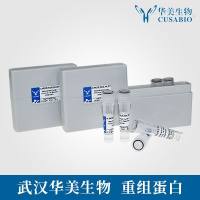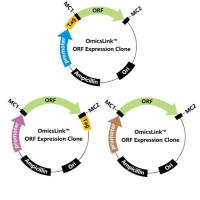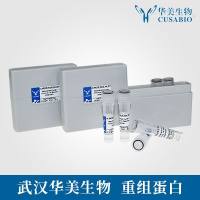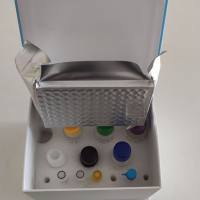Derivation of Human Embryonic Stem Cell Lines from Poor Quality Embryos
互联网
互联网
相关产品推荐

Recombinant-Cat-Kit-ligandKITLGKit ligand Alternative name(s): Mast cell growth factor; MGF Stem cell factor; SCF c-Kit ligand Cleaved into the following chain: 1. Soluble KIT ligand; 2. sKITLG
¥10990

NLRP5 Homo sapiens maternal-antigen-that-embryos-require protein (MATER) mRNA.
询价

IL-2重组蛋白|Recombinant Human IL2 Protein
¥1080

Recombinant-Human-Zinc-transporter-9SLC30A9Zinc transporter 9; ZnT-9 Alternative name(s): Human embryonic lung protein; HuEL Solute carrier family 30 member 9
¥13832

Protein Lines homolog, Lins ELISA KIT/ Mouse Protein Lines homolog, Lins ELISA试剂盒
¥2980
相关问答

